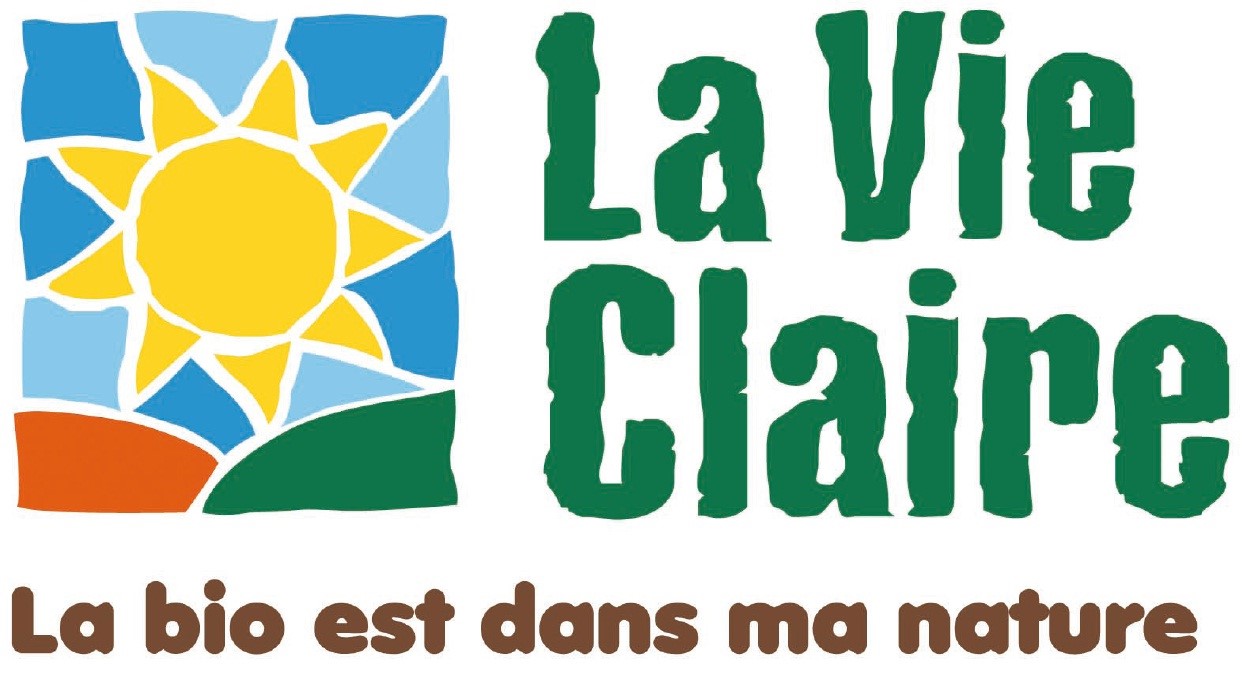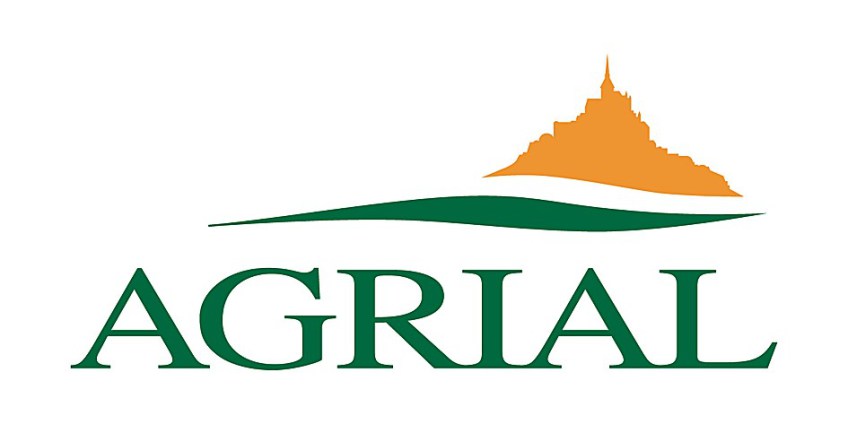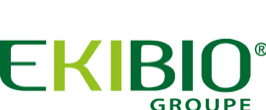Summary
Since 2020, the organic fruit and vegetables market has seen significant trends and developments. Globally, the market is dominated by the United States with over 39% share, while France holds third place. The organic farming market was valued at €124.8 billion in 2021, continuing its growth with an average annual growth rate (CAGR) of 8.83%. The surface area dedicated to organic production and the number of organic producers continued to increase, with contributions from regions like Nouvelle-Aquitaine and Occitanie.
Specialized stores remain significant market players, despite a tough year in 2022 with a decline in sales, such as Biocoop at -5.6% and Naturalia at -7.8%. Startups that promote a direct link between producers and consumers, like Potager City and Les Commis, are capitalizing on this trend, with Potager City reporting €17.5 million in sales in 2021. Regulations have also been updated, with the EU tightening rules for organic production with Regulation (EU) 2018/848 from 2022.
Shifting Tides in Organic Produce
Consumption Organic fruits and vegetables represent a significant segment of the global organic food market, and France stands out as one of the leading contributors in this domain. French producers and the acreage devoted to organic farming have seen consistent growth, highlighting the country's commitment to sustainable agricultural practices. Despite this promising scenario, the French organic fruit and vegetable market is undergoing a phase of deceleration, with the national market experiencing a contraction for the first time in over a decade. The United States continues to dominate the global market with over one-third of the world market share, while France, holding the third position, maintains a formidable presence behind Germany.
The French market notably reached a valuation of between 11.5 and 13 billion euros, a slight decline from the previous year. Organic fruits and vegetables account for roughly between 15 and 20 percent of this market, second only to groceries within the organic sector. In the realm of distribution, specialized stores lead in organic produce sales with a market share of over 40 percent. This is followed by general supermarkets at over 30 percent, then direct sales rounding up to approximately 25 percent. Notably, consumption habits have shown a dip, with the share of organic food in the French diet decreasing from over 6 percent to just under that mark.
In analyzing the nuances of consumer behavior, a significant portion (over 70 percent) of regular organic consumers frequently includes organic fruits and vegetables in their diets. Yet, the overall decrease in consumption has been significant, with the percentage of populace consuming organics monthly plummeting by over 15 points from the preceding year. This may be attributed to a perceived abnormality in price elevation for organic products—a sentiment shared by nearly 60 percent of consumers. The motivations driving organic consumption primarily center on health impacts and taste, while environmental considerations follow closely. However, price remains a substantial barrier, prompting nearly one-quarter of the surveyed group to project their organic consumption either stagnating or dwindling in the coming months.
Startups like Potager City and Les Commis, operating with thanks to new trends focused on bridging the gap between producers and end consumers, have enjoyed success by tending toward direct delivery services. This indicates a burgeoning potential for growth in this market segment, despite overall sluggish consumer interest. The landscape of organic fruit and vegetable players is diverse, with specialty stores undergoing a challenging period. Market leaders like Biocoop and Naturalia have recorded sales declines in recent years. In contrast, startups such as Les Commis.
Prominent Players in the Organic Fruit and Vegetable Market:
Bridging Producers and Consumers In the thriving landscape of the organic fruit and vegetable market in France, several key players make up the ecosystem, each contributing uniquely to the supply chain. Here is an overview of these market participants:
- Biocoop stands out as a significant presence with its cooperative network of independent stores. Known for its commitment to selling a wide variety of organic products sourced from local producers, Biocoop has grown a considerable footprint with 765 points of sale, making it a go-to destination for consumers seeking organic staples.
- Naturalia carves out its niche as a purveyor of organic, vegan, and natural products. With a network of about 245 stores across France, the brand emphasizes sustainable and ethical consumerism, appealing to a clientele conscious of their ecological footprint and the quality of their diet.
- Bio c' Bon brings organic living closer to urban consumers, with over 100 stores conveniently located in city centers. They focus on providing a range of organic goods, including fruits and vegetables, to those who may not have easy access to larger supermarkets or specialty stores.
- La Vie Claire is another major name in the market, boasting around 400 stores to date. By offering a wide array of organic goods from fresh produce to packaged products, La Vie Claire caters to the diverse needs of organic shoppers, imbuing a traditional retail experience with a modern, sustainable twist.
- Emerging dynamically in the sector are innovative startups like Les Commis and Potager City, reshaping how consumers access and enjoy organic produce. Les Commis taps into the cooking-as-an-experience trend by delivering recipe boxes with all organic ingredients, while Potager City simplifies sourcing fresh, local produce by offering curated fruit and vegetable baskets, which can be directly delivered to consumers' doorsteps.
These organizations contribute positively to France's organic food market, reinforcing the connection between conscientious consumers and dedicated producers. Their combined efforts also reflect a broader trend of growth in the sector driven by rising consumer interest in health, taste, and sustainability. With both established chains and nimble startups in play, the French organic fruit and vegetable market illustrates a blend of tradition and innovation, aiming to fulfill ever-evolving consumer expectations.
to understand this market
Detailed content
 Inforamtion
Inforamtion
- Number of pages : 30 pages
- Format : Digital and PDF versions
- Last update : 20/09/2023
 Summary and extracts
Summary and extracts
1 Market overview
1.1 Definition and scope of study
Organic" fruit and vegetables come fromorganic farming, which is a system of agricultural management and food production that combines the best environmental practices with a high level of biodiversity. It aims to preserve natural resources and applies high standards of animal welfare. In addition, this production method uses mainly natural substances and products, and prohibits the use of synthetic chemicals such as pesticides, herbicides, artificial fertilizers or growth hormones. Organic fruit and vegetables are the largest and most dynamic segment of the global organic food market (which also includes beverages, cookies, meats and other condiments).the organic fruit and vegetable market includes producers, processors, wholesalers, retailers, cooperatives, specialty store franchises, independent stores and supermarkets.
The global market is dominated by the United States, which has over 39% of the world market share[FiBL], but France is not to be outdone, as the national market ranks in 3ᵉ position, just behind Germany.
The French market is extremely dynamic, with the number of its producers and acreage devoted to organic farming steadily increasing. However, new consumers, whose purchasing power continues to decline, are becoming increasingly rare, and the context is extremely difficult for specialist stores, which sell only organic products. Indeed, after more than a decade of proliferation of this type of store, 2022 was the first year to see a reduction in their numbers nationwide.
One of the market trends is the emphasis on the absence of intermediaries. Consumers want direct access to products, and some startups are enjoying great success by offering a direct link between producers and end consumers. Home-delivered organic baskets thus appear to represent a strong growth potential for the market.
1.2 A booming global market
The Research Institute of Organic Agriculture (***) published the **ᵉ edition of"The World of Organic Agriculture" study in ****. This study gives us an overview of the global organic farming market, within which fruit and vegetables occupy a significant share.
In ****, the global organic farming market will amount to ***.* billion euros, an increase ...
1.3 The French market: a leading market that is slowing down
As mentioned in the world section, (***), confirming the market decline set in motion in **** after continuous growth since its inception [***].
Within organic food, the market share of organic fruit and vegetables was **.*% in ****[***]. This is the second-largest organic market behind groceries (***). As a result, the fruit and vegetable market is estimated ...
1.4 The European Union: a privileged trading partner
French production accounts for the largest share of French organic vegetable supplies (***).
French supplies of organic vegetables France, ****, € million Source: ****
For fruit, on the other hand, while France (***). This can be explained by the presence of exotic fruit in French consumption habits.
French supplies of organic fruit France, ****, € million Source: ****
However, ...
2 Demand analysis
2.1 Growing demand for organic products in France
Agence Bio reports on a survey of French consumers of organic produce. This survey, which we'll use throughout this section, concerns all organic products, but it shows that **% of regular organic consumers (***) consume organic fruit and vegetables, so the more general results of this survey, reported here, remain very good indicators ...
2.2 Representation of organic products
Organic food is still not universally accepted, either in terms of price or quality.
Do you find it normal that an organic product should cost more than a non-organic one? France, ****, in Source: ****
We can see that **% of consumers questioned find it abnormal that an organic product is more expensive than ...
2.3 Motivations and barriers to organic consumption
The survey also reveals the main reasons why regular consumers of organic products start buying them. The positive impact on health (***).
What was the main reason that led you to consume organic products in the first place? France, ****, in % Source: ****
An interesting motivation to note that concerns **% of survey respondents is ...
2.4 Preferred consumption locations and the future of consumption
The survey asks organic consumers where they prefer to buy their products, by category. For fruit and vegetables, the preferred places of purchase are supermarkets and markets. We can see that there are few disparities between fruit and vegetables.
Where do you mainly buy organic fresh fruit and vegetables? France, ****, as ...
2.5 Typical profiles
According to theAgence Bio report, five consumer profiles stand out:
The hesitant (***): although these individuals consume little organic produce, they nevertheless have a positive image of organic farming. However, they are not particularly attentive to the effects of food on health, and are not actively involved in the dietary transition. They ...
3 Market structure
3.1 Organic players in France
In France, the organic sector can be divided into three main categories:
Producers (***); Processors; Distributors (***).
The surface area devoted to organic fruit and vegetable production has been rising steadily for several years, although this increase has slowed sharply since ****.
growth in organic or in-conversion acreage France, **** - ****, in hectares Source: ****
We ...
3.2 Producers and areas devoted to organic fruit and vegetables by region
All organic producers have to go through a conversion phase, during which they gradually transform their acreage by becoming more and more involved in organic farming. For the purposes of this study, we consider organic producers as a whole, which means that those undergoing conversion are also taken into account. For ...
3.3 Distribution of organic fruit and vegetables
From the grower's point of view, organic fruit and vegetable distribution in France can be achieved in two different ways:
Direct sales: by the grower himself; Short-line sales: sales to an intermediary, possibly without the grower being present at the time of sale.
Source: ****
More generally, in household distribution, the distribution ...
4 Offer analysis
4.1 Typology of prices for the main organic fruits and vegetables, and differences with conventional agriculture
Every year, the Familles rurales association conducts a survey on the price and consumption of fruit and vegetables in France. TheObservatoire du prix des fruits et légumes à l'été **** provides us with very precise information, some of which will be relayed in this section.
Organic fruit prices:
The table below ...
4.2 Supply trends: towards a direct link between producers and consumers
Within the organic fruit and vegetable offer, in the wake of a global desire to eat more healthily and locally, a trend has been emerging in recent years: that of home deliveries of baskets of fresh fruit and vegetables. On January **, ****, for example, Carrefour acquired Lyon-based startup Potager City, which has ...
5 Regulations
5.1 General regulations
We won't go into detail about the regulations that apply more generally to the sale of fruit and vegetables: you can find them summarized here biolinéaires.com. Below, we report on the rules specific to the production and trade of organic produce.
A new European regulation (***) ****/***, applicable from January *ᵉʳ ****, specifies ...
5.2 Regulations for retail distribution
Notification obligation
In France, all organic operators must notify their activities to Agence Bio. Agence Bio is the public interest group in charge of developing and promoting organic farming. You need to fill in the notification form. The procedure has been permanent since ****. Notification is free of charge. The only exception ...
5.3 Official labels
To ensure product traceability, two official labels exist in addition to controls:
The AB logo : This is the French label. It was created by the French Ministry of Agriculture, Food and Forestry. This label certifies that a product contains at least **% certified organic agricultural ingredients. The French AB logo is optional. The ...
6 Positioning the players
6. Segmentation
- Bio c' Bon
- Biocoop
- Naturalia
- La vie Claire
- Olga Groupe (Triballat Noyal)
- Agrial Coopérative Primeal
- Priméale Agrial
- Markal
- Ekibio Priméal
- Ekibio (Groupe Lea Biodiversité)
- Carrefour Groupe
- Auchan groupe
- E.Leclerc
- Casino Groupe
- Les Commis
- Potager City
- Côteaux Nantais
- La Fourche
- Pomona Groupe
- Le Saint Réseau
 List of charts
List of charts
- Breakdown of farmland used for organic farming by continent
- The 10 countries with the largest surface area devoted to organic farming
- International market share by country, by value
- Size of the organic fruit and vegetable market in France
- French supplies of organic vegetables
All our studies are available online in PDF format
Take a look at an example of our research on another market!
Latest news
Companies quoted in this study
This study contains a complete overview of the companies in the market, with the latest figures and news for each company. :
 Choosing this study means :
Choosing this study means :
Access to more than 35 hours of work
Our studies are the result of over 35 hours of research and analysis. Using our studies allows you to devote more time and added value to your projects.
Benefit from 6 years' experience and over 1,500 industry reports already produced
Our expertise enables us to produce comprehensive studies in all sectors, including niche and emerging markets.
Our know-how and methodology enable us to produce reports that offer unique value for money.
Access to several thousand articles and paid-for data
Businesscoot has access to all the paid economic press as well as exclusive databases to carry out its market research (over 30,000 articles and private sources).
To enhance our research, our analysts also use web indicators (semrush, trends, etc.) to identify market trends and company strategies. (Consult our paying sources)
Guaranteed support after your purchase
A team dedicated to after-sales service, to guarantee you a high level of satisfaction. +44 238 097 0676
A digital format designed for our users
Not only do you have access to a PDF, but also to a digital version designed for our customers. This version gives you access to sources, data in Excel format and graphics. The content of the study can therefore be easily retrieved and adapted for your specific needs.
 Our offers :
Our offers :
the organic fruits and vegetables market | France
- What are the figures on the size and growth of the market?
- What is driving the growth of the market and its evolution?
- What is the positioning of companies in the value chain?
- Data from several dozen databases
Pack 5 études (-15%) France
- 5 études au prix de 75,6€HT par étude à choisir parmi nos 800 titres sur le catalogue France pendant 12 mois
- Conservez -15% sur les études supplémentaires achetées
- Choisissez le remboursement des crédits non consommés au terme des 12 mois (durée du pack)
Consultez les conditions du pack et de remboursement des crédits non consommés.
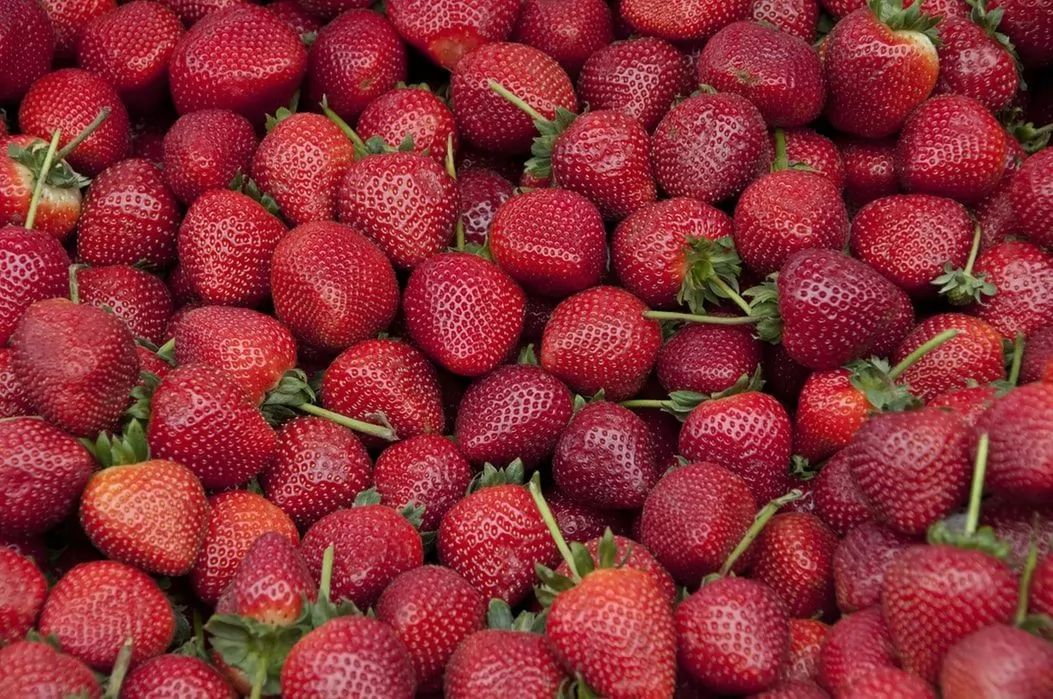




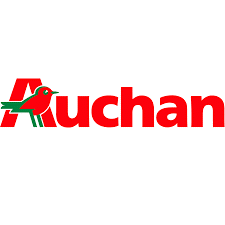 Auchan faces another "difficult" year in 2023 - 22/02/2024
Auchan faces another "difficult" year in 2023 - 22/02/2024
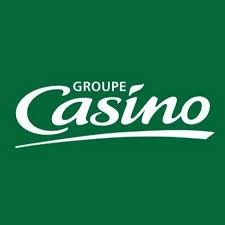 Casino: Intermarché and Auchan win the bid - 18/12/2023
Casino: Intermarché and Auchan win the bid - 18/12/2023
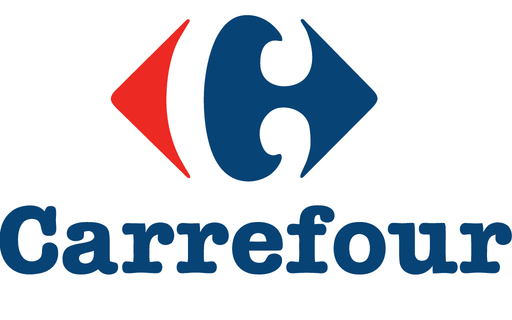 80 Carrefour hypermarkets operated under franchise or leasing agreements - 14/11/2023
80 Carrefour hypermarkets operated under franchise or leasing agreements - 14/11/2023
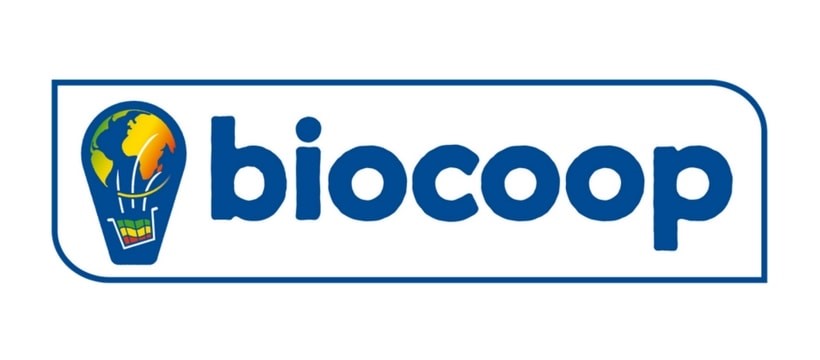 Distribution: Biocoop capitalizes on its pricing strategy | Biocoop: a winning pricing strategy - 25/10/2023
Distribution: Biocoop capitalizes on its pricing strategy | Biocoop: a winning pricing strategy - 25/10/2023


